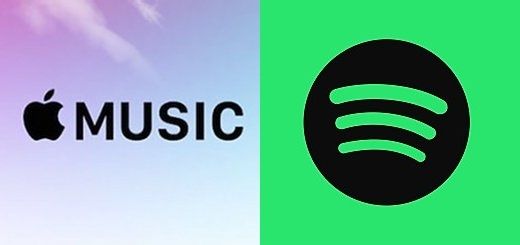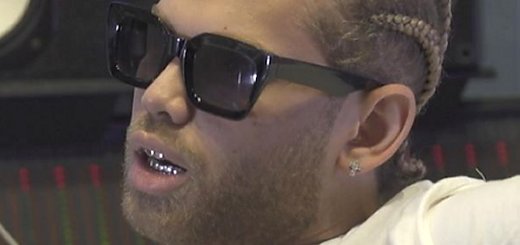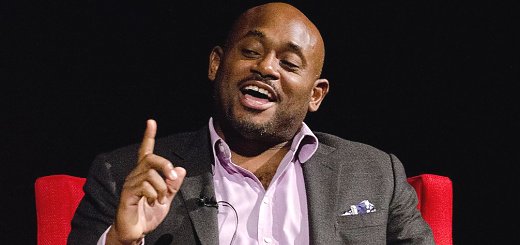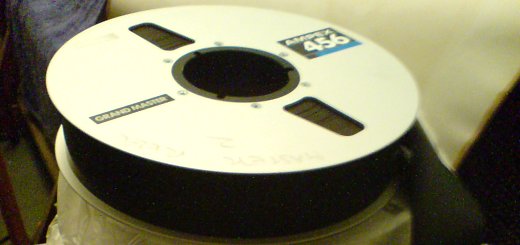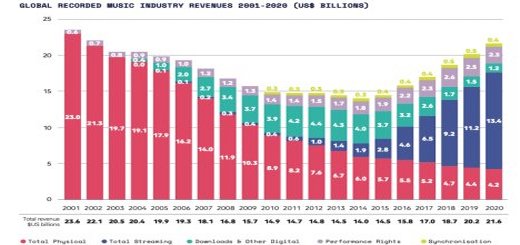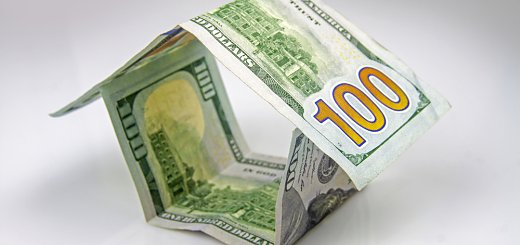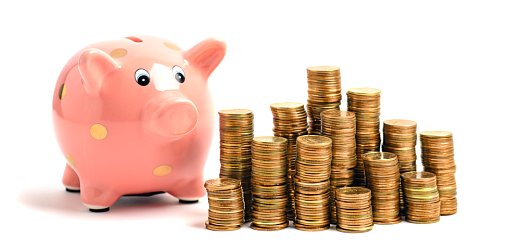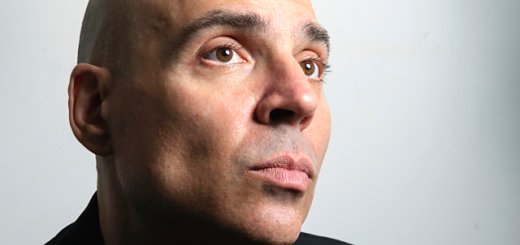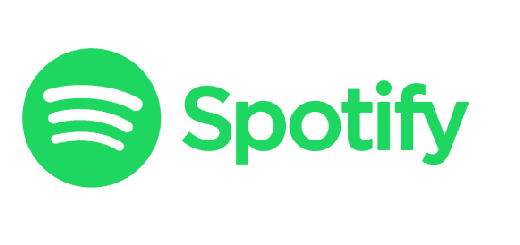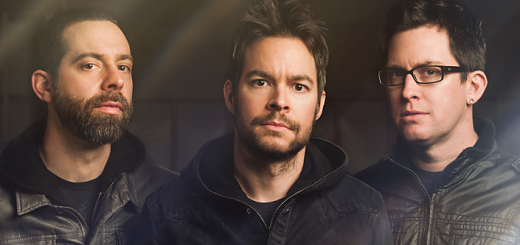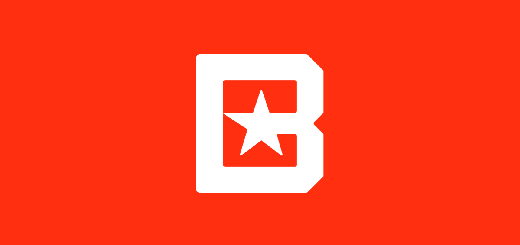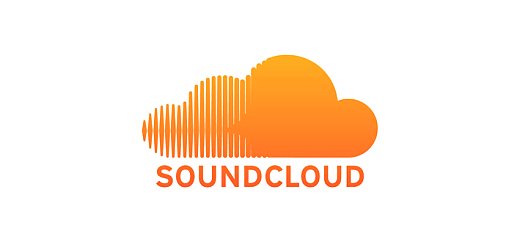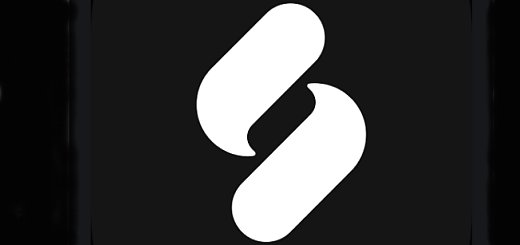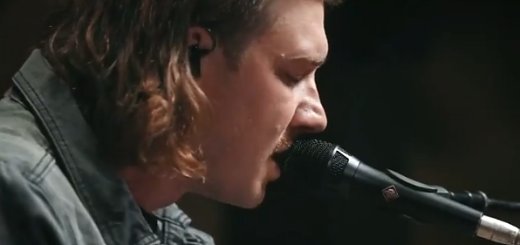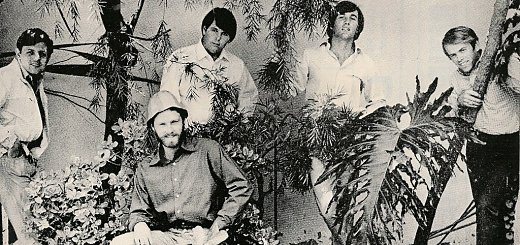Catalog sales: Primary Wave buys Madonna and Leonard Cohen songs, Influence buys Camila Cabello, Selena Gomez, and Justin Bieber
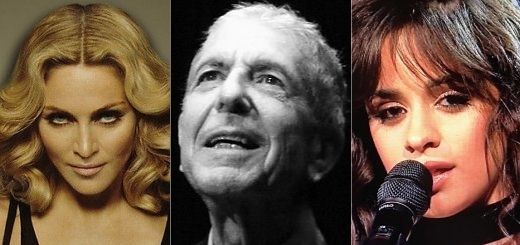
Primary Wave Music has bought the catalog of songwriter and producer Patrick Leonard, in a “multi-million-dollar deal”, Music Business Worldwide reports. Included in that acquisition is Leonard’s share of a number of hits from Leonard Cohen such as 'You Want It Darker', 'It Seemed the Better Way', and 'If I Didn’t Have Your Love', as well as his share of songwriter royalties from his work with Madonna - 'La Isla Bonita', 'Frozen', and the classic 'Like A Prayer'. MBW also reports about the first acquisition by the Influence Media Partners - a portfolio of select copyrights from the catalog of multi-platinum songwriter Ali Tamposi: 'Havana' by Camila Cabello, 'It Ain’t Me' by Selena Gomez, Shawn Mendes' 'Señorita' with Camila Cabello, Justin Bieber' 'Let Me Love You', Beyoncé's 'Save The Hero' and others.
